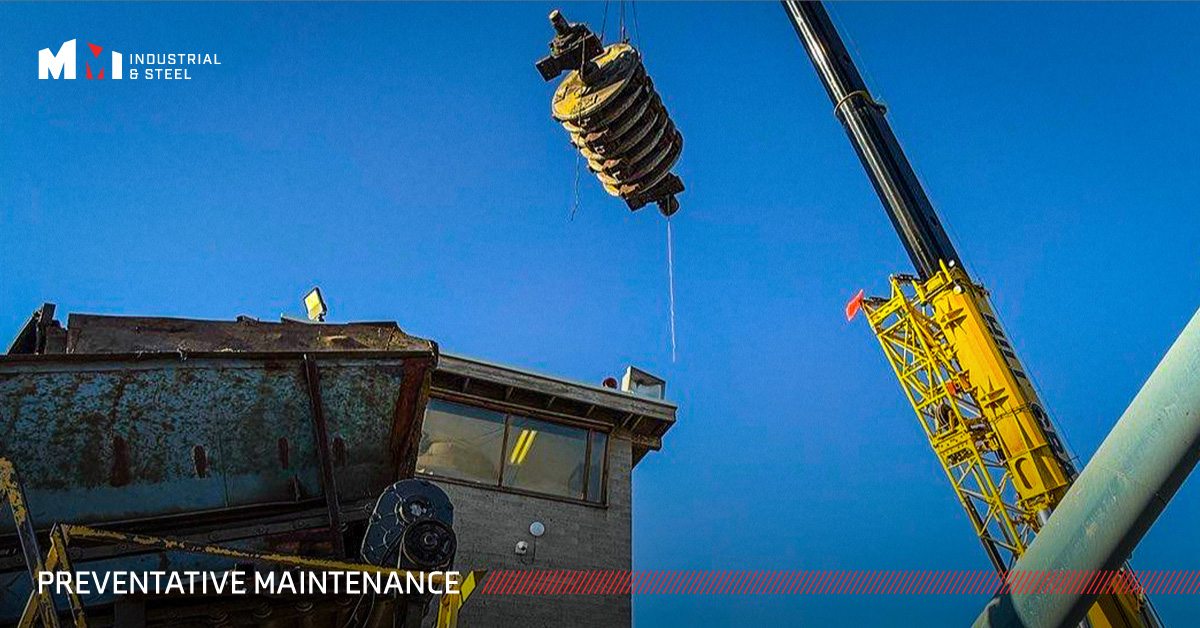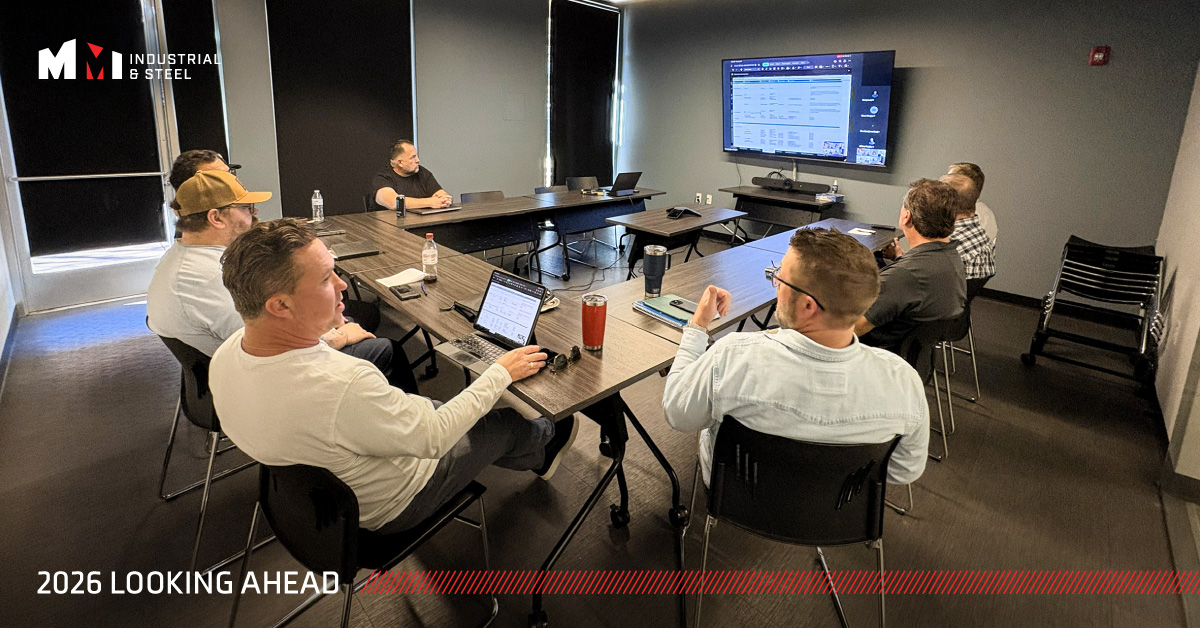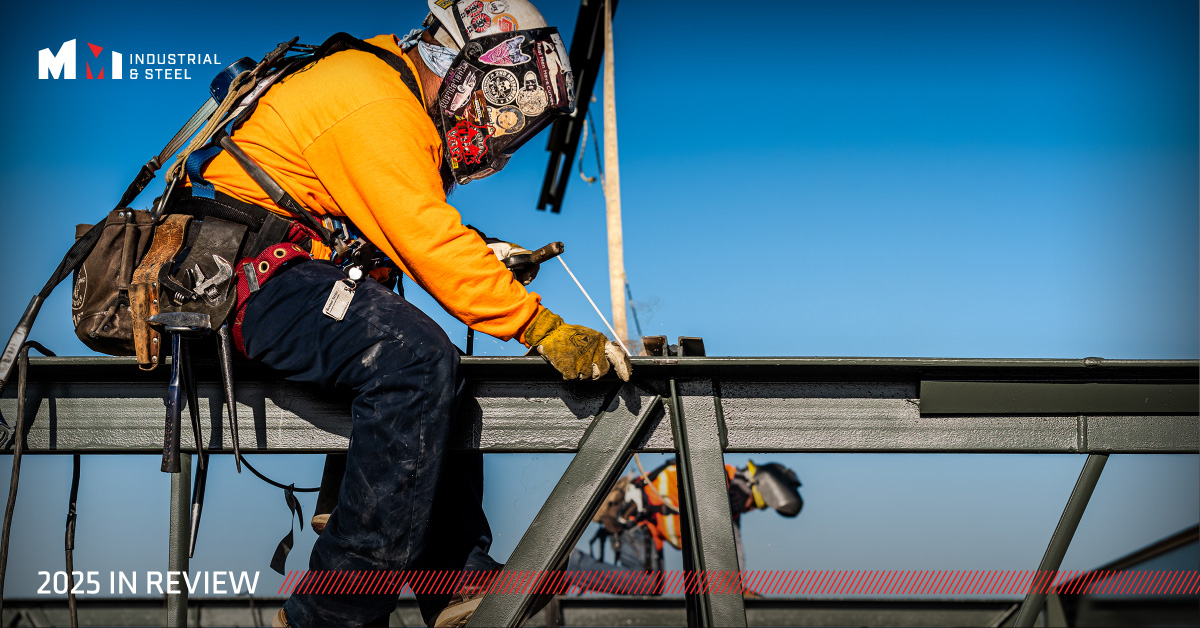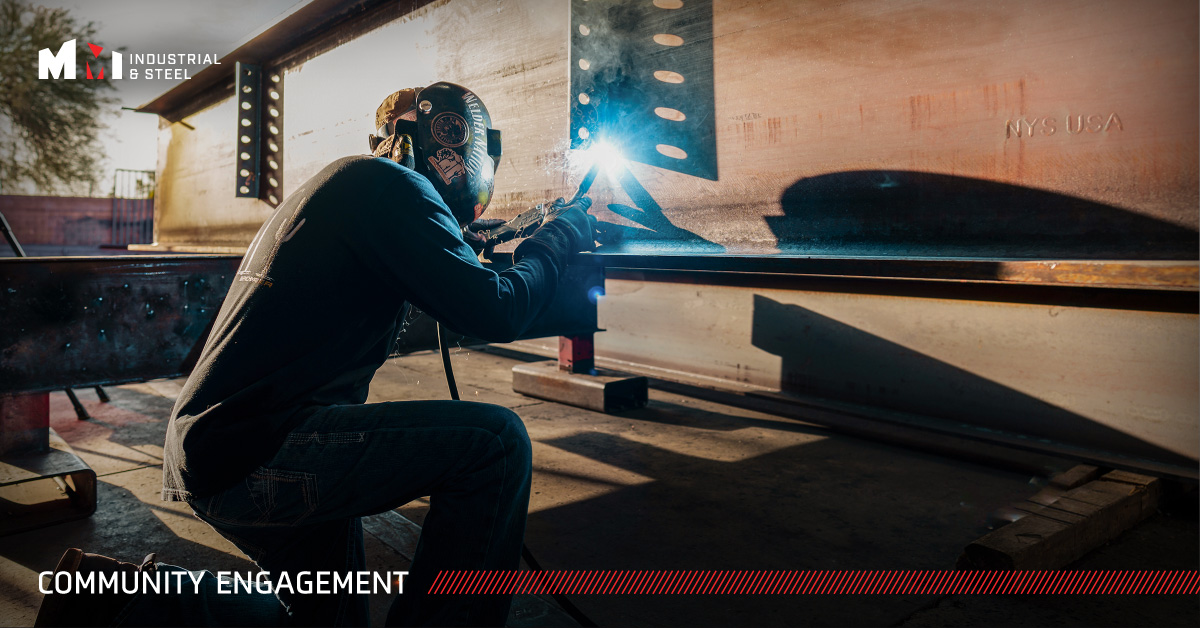Copyright © 2024 MMI Industrial & Steel LLC. All Rights Reserved.
Careers
Happy, Hungry, Hardworking & Honorable
At MMI Industrial & Steel, we do our best to live by our 4H Core Values: Happy, Hungry, Hardworking, and Honorable. Do these qualities resonate with you? If so, explore our culture and current opportunities by clicking the link below.





